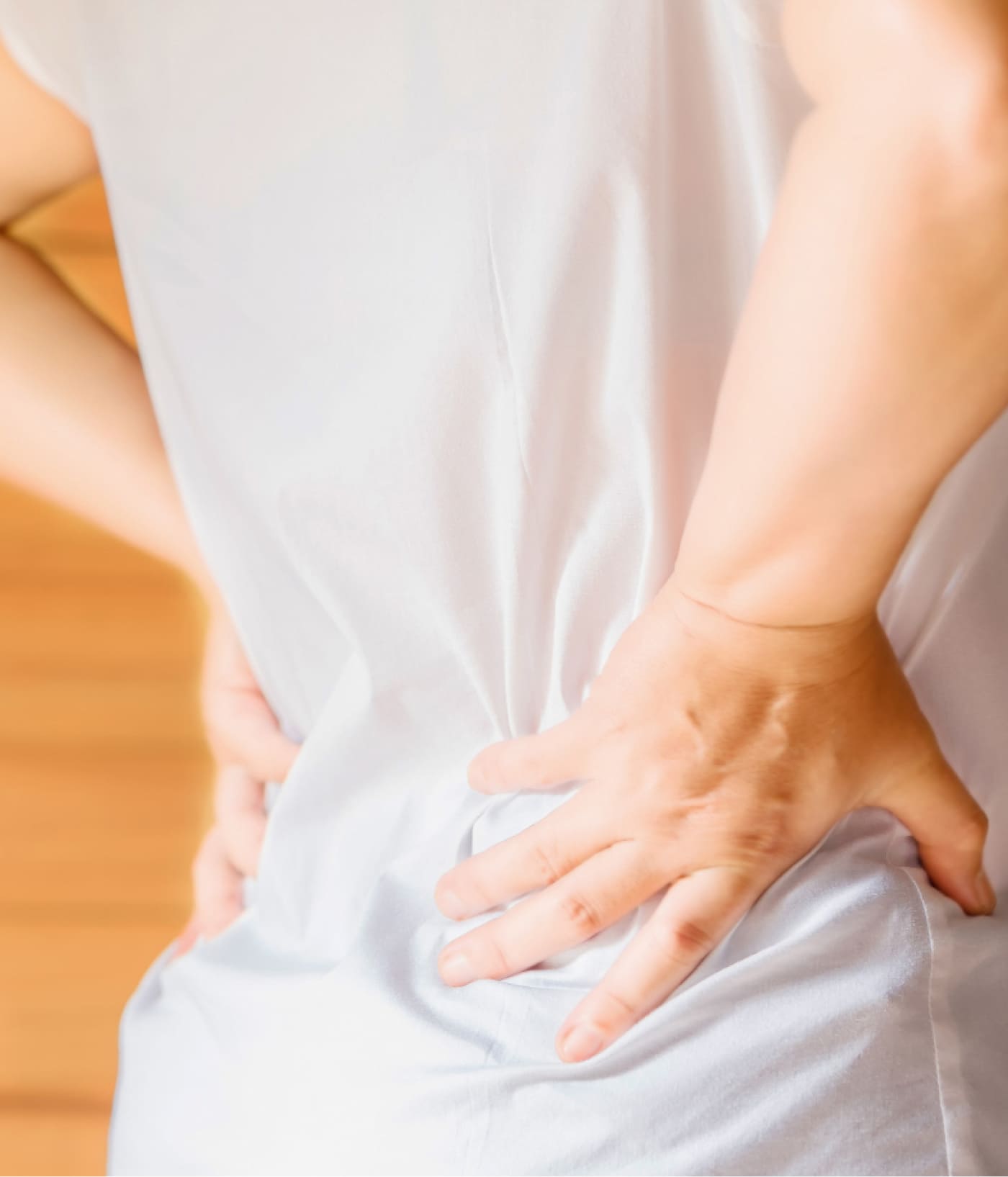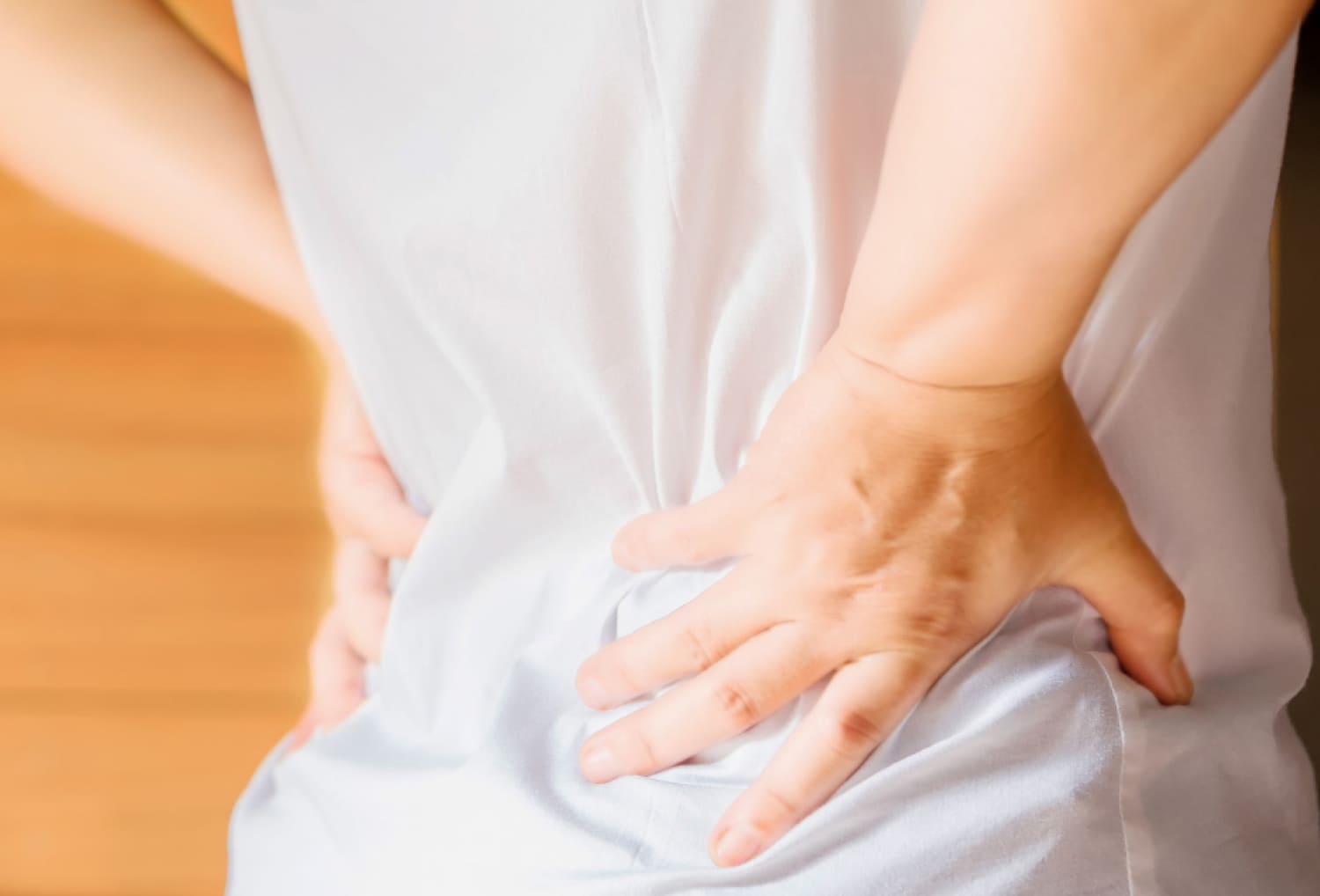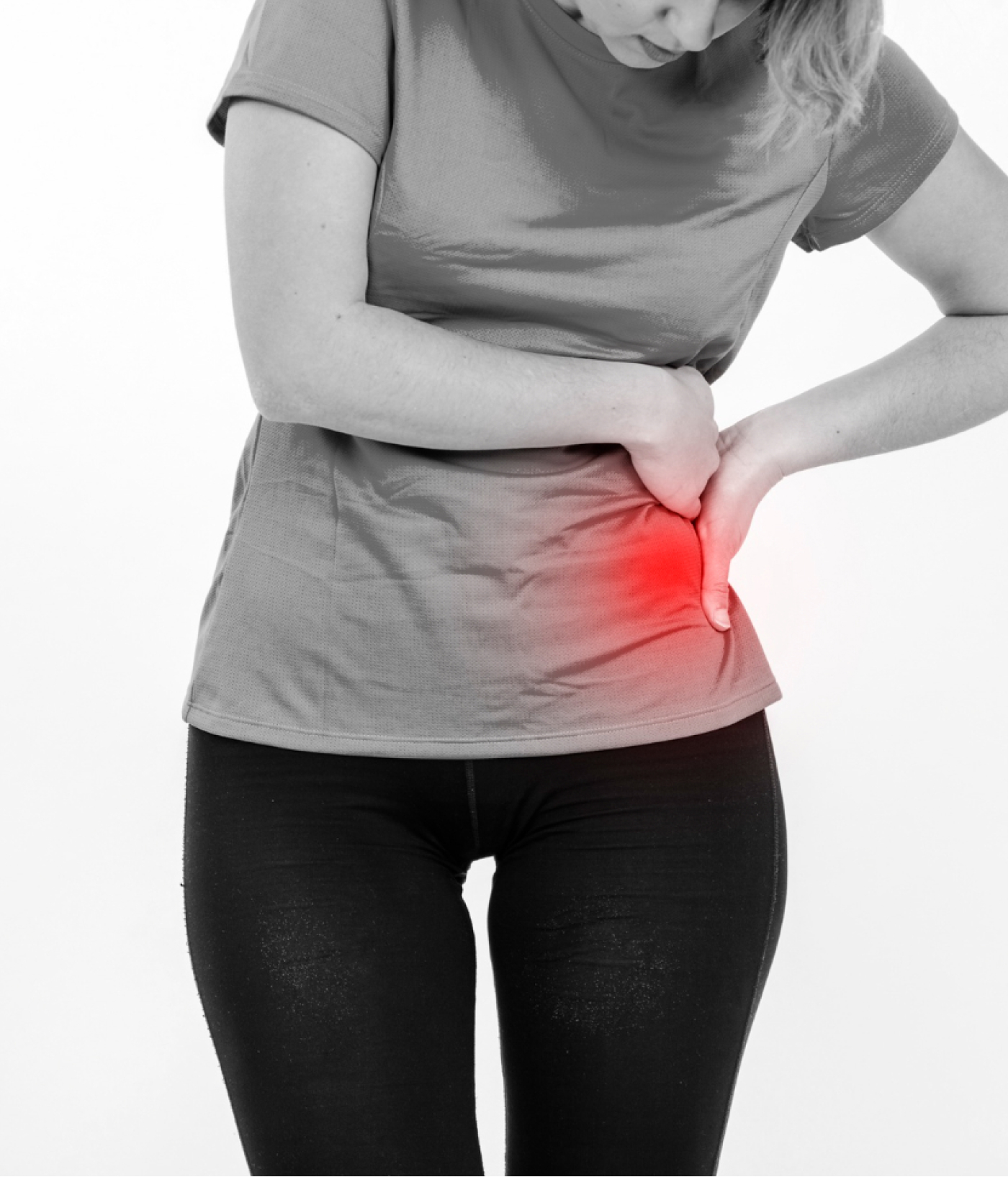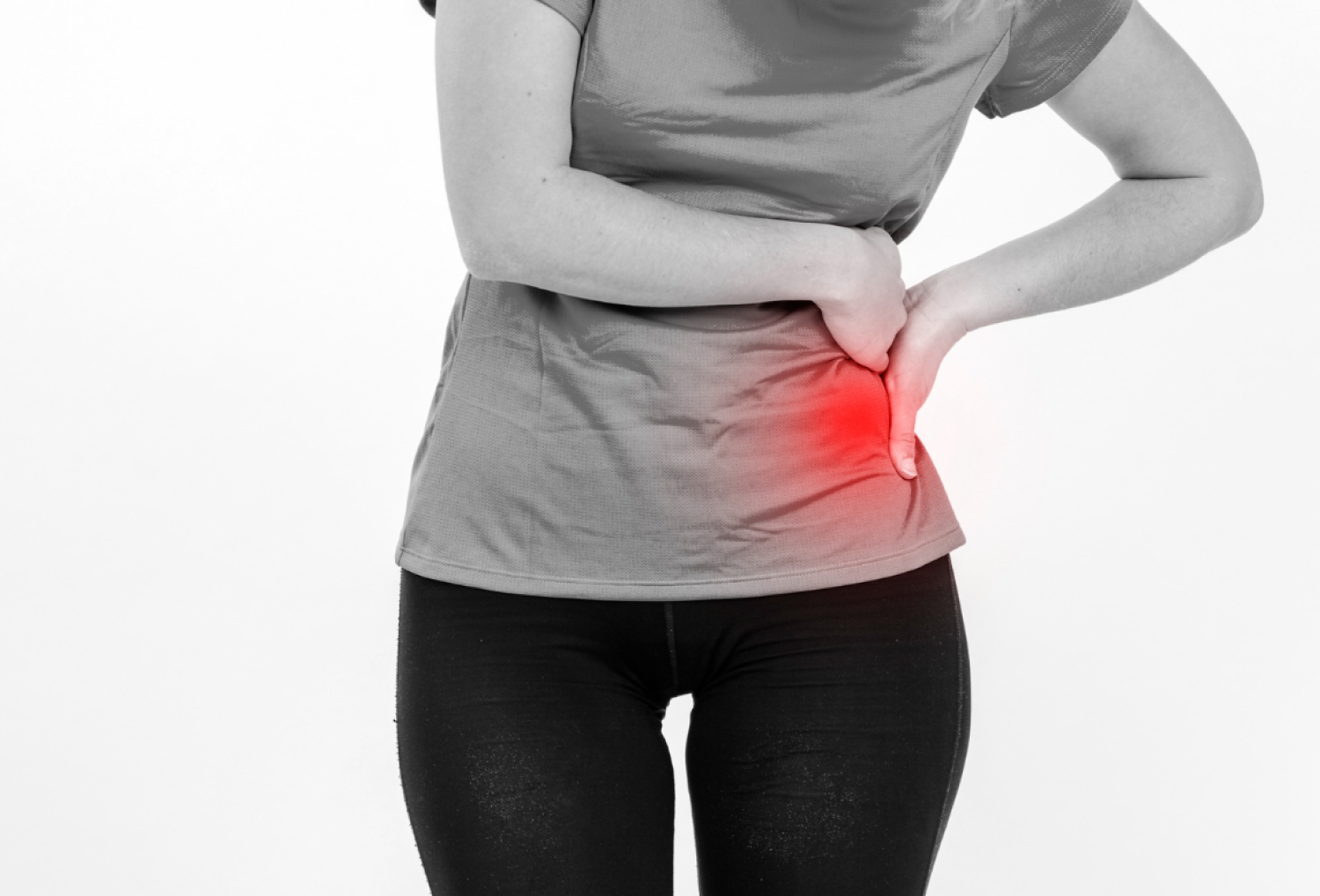Hip Osteonecrosis Specialist In Singapore

Dr Wang Lushun
Senior Consultant Orthopaedic Surgeon
MBBS (Singapore)
MRCS (Edin)
MMed (Ortho)
FRCS (Ortho) (Edin)
- Improve your hip’s mobility and overall health by treating your hip osteonecrosis / Avascular necrosis
- Fellowship-trained orthopaedic surgeon
- Internationally recognised, more than 1500 surgeries performed



What Is Hip Osteonecrosis (AVN)?
Hip osteonecrosis (AVN) is a progressive condition in which the blood supply to the bone is disrupted, resulting in the death of bone tissue. It typically affects adults between 30 and 60 years of age and can be a symptom of several underlying medical conditions, such as trauma, alcohol abuse, or long-term corticosteroid use. If left untreated, hip osteonecrosis may lead to:
- Increased pain and discomfort as the condition progresses
- Collapse of the bone structure and subsequent joint instability
- Development of severe arthritis in the affected hip
- Necessity for joint replacement surgery due to irreversible damage
Symptoms of Hip Osteonecrosis (AVN)
Symptoms of hip osteonecrosis often develop gradually, making early detection crucial for effective treatment. As the condition progresses, patients may experience various signs, such as:
Groin or thigh pain
This occurs due to the affected bone's limited blood supply, causing discomfort in the surrounding areas as the bone tissue dies.
Stiffness in the hip joint
The loss of bone tissue can lead to joint instability, resulting in stiffness and a reduced range of motion.
Difficulty bearing weight
As the condition worsens, the damaged bone and joint may struggle to support the body's weight, causing discomfort and difficulty when walking or standing.
Joint sounds / Crepitus
Patients may hear a clicking or grinding noise in the hip joint due to the bone collapse and the subsequent uneven joint surfaces rubbing against each other.
Take charge of your hip health and explore treatment options for
hip osteonecrosis.
hip osteonecrosis.
Accurate diagnosis and treatment for hip osteonecrosis minimizes the progression of joint
deterioration and provides you with lasting hip pain relief.


Am I A Candidate for Hip Osteonecrosis /AVN Treatment?
Determining if you’re a candidate for hip osteonecrosis treatment is essential for successful outcomes and long-term relief from pain. Your orthopaedic specialist
will ultimately determine the best treatment option by considering several factors like:
- Severity of the condition: The extent of bone damage and joint degeneration.
- Patient’s overall health: A patient’s general health and medical history.
- Age of the patient: Younger patients may respond better to conservative treatments, while older patients may require more aggressive approaches.
- Activity level and lifestyle: An individual’s daily activities and lifestyle choices.
How is hip osteonecrosis treated?
Treatment for hip osteonecrosis varies based on the severity and stage of the condition, and options include conservative management, such as medication and physical therapy, or surgical interventions like core decompression, bone grafting, or joint replacement.
What are the early signs of osteonecrosis of the hip?
Early signs of hip osteonecrosis include groin or thigh pain, stiffness in the hip joint, and difficulty bearing weight on the affected side.
When Is The Best Time To Have Hip Osteonecrosis Treatment?
Hip osteonecrosis should be treated at the earliest possible stage, when the condition has not yet caused significant joint damage. Early intervention allows for a wider range of treatment options and increases the likelihood of preserving the patient's natural joint. Your orthopaedic surgeon will consider the best treatment for your case by considering your circumstances and medical history.
Non-surgical Treatments for Hip Osteonecrosis
- Medications: Nonsteroidal anti-inflammatory drugs (NSAIDs), such as ibuprofen and naproxen, can help reduce pain and inflammation in the hip joint. In some cases, doctors may also prescribe medications to improve bone density, such as bisphosphonates.
- Activity modification: A specialist may recommend avoiding high-impact activities, such as running or jumping, and switching to low-impact exercises like swimming or cycling. This can help reduce stress on the affected hip and prevent further damage to the joint.
- Physical therapy: A physical therapist can design a personalized exercise program to improve hip joint flexibility, strength, and stability. This may include range-of-motion exercises, muscle-strengthening exercises, and balance training.
- Assistive devices: Using a cane or crutches can help reduce weight-bearing on the affected hip and alleviate pain during daily activities.
- Rest and immobilization: In some cases, a period of rest and immobilization may be recommended to allow the hip joint to heal. This may involve using a brace or splint to limit hip motion temporarily.
Surgical Treatments for Hip Osteonecrosis
- Core decompression: This procedure involves removing a portion of the inner layer of the bone to reduce pressure within the bone and stimulate new blood vessel growth. Core decompression may be suitable for patients with early-stage osteonecrosis.
- Osteotomy: In this procedure, the surgeon repositions the bone to shift weight-bearing from the damaged area to a healthier part of the joint. Osteotomy can help relieve pain and slow down joint degeneration.
- Bone grafting: This involves transplanting healthy bone tissue from another part of the body or from a donor to the affected area. Bone grafting may be performed in conjunction with other surgical procedures to stimulate bone healing and regeneration.
- Joint replacement: In cases of advanced hip osteonecrosis with significant joint damage, a total hip replacement (arthroplasty) may be necessary. This involves replacing the damaged hip joint with artificial components made of metal, plastic, or ceramic materials.


Dr Wang Lushun
Senior Consultant Orthopaedic Surgeon
MBBS (Singapore)
MRCS (Edin)
MMed (Ortho)
FRCS (Ortho) (Edin)
Internationally Recognised & Double Fellowship-Trained Surgeon With Over 18 Years of Experience
- Bachelor of Medicine & Bachelor of Surgery (MBBS),
National University of Singapore - Member of The Royal College of Surgeons (MRCS),
Edinburgh, United Kingdom - Master of Medicine in Orthopaedic Surgery (MMed),
National University of Singapore - Fellow of The Royal College of Surgeons in Orthopaedics and Traumatology (FRCS), Edinburgh, United Kingdom
As a Senior Consultant Orthopaedic Surgeon and former Head of the Hip and Knee Division in Ng Teng Fong Hospital, he has won awards for superior patient outcomes (value driven), service quality and enhanced recovery programmes. His patients include current and former national athletes and sporting professionals.
Why Choose
Dr Wang Lushun?
Trusted
Leadership on Orthopaedic Advisory Boards
Skilful
Double Fellowships at Centres of Excellence
Experienced
Senior Consultant with Over 18 Years of Experience
Patient-Centred Orthopaedic Care
We are dedicated to your recovery and well-being. Every patient deserves the freedom that comes with active living. Whether you're an athlete sidelined by an injury or a weekend hobbyist desperate to return to your passion, our mission is to help you regain your mobility and independence.
Personalised Approach For Positive Outcomes
Our clinic prioritizes time dedicated to understanding each patient’s injuries and needs. Dr Wang strongly believes that personalised care & patient management will lead to better outcomes & positive experiences.
Minimally Invasive Techniques For Faster Recovery
Dr Wang’s extensive experience with minimally invasive procedures allows for less scarring, lower risk of complications and faster recovery compared to traditional surgical methods.
Aftercare Focused On Restoring Mobility & Well-Being
As an avid sportsperson, Dr Wang understands the time and patience required to regain mobility and return to active living. After your procedure is completed, Dr Wang will make sure your recovery is smooth and comfortable.
Insurance
We accept all patients, with or without insurance plans. Additionally, we are on the specialist panels of these Health Networks/Insurance Plans. Please contact us if you have any queries and we will be happy to assist you in checking with your insurance provider.
Our Clinic Locations
3 Mount Elizabeth, #13-14
Mount Elizabeth Medical Centre
Singapore 228510
820 Thomson Road, Mount Alvernia Hospital, #05-51, Medical Centre D, Singapore 574623
Frequently Asked Questions
Can osteonecrosis be cured?
While there’s no cure for osteonecrosis, early diagnosis and appropriate treatment can slow down its progression, relieve pain, and improve joint function.
Does walking help osteonecrosis?
Walking may help maintain joint mobility and muscle strength in patients with osteonecrosis, but it’s essential to consult your doctor for appropriate activity levels to avoid further joint damage.
What exercises are good for osteonecrosis of the hip?
Exercises such as gentle range-of-motion activities, water-based exercises, and muscle-strengthening exercises can be beneficial for patients with hip osteonecrosis, but it’s better to follow a tailored exercise program designed by your orthopaedic specialist.
How does hip osteonecrosis begin?
Hip osteonecrosis begins when blood flow to the femoral head is disrupted, leading to bone tissue death and joint degeneration over time.
How do you prevent osteonecrosis of the hip?
Preventing hip osteonecrosis involves addressing underlying risk factors, such as reducing alcohol intake, quitting smoking, and carefully managing corticosteroid use.
Is hip osteonecrosis a disease or disorder?
Hip osteonecrosis is a disorder characterized by the death of bone tissue due to disrupted blood supply, which can lead to joint instability and arthritis.
Is hip osteonecrosis life-threatening?
While hip osteonecrosis is not life-threatening, it can significantly affect a person’s quality of life by causing pain, mobility limitations, and potentially requiring joint replacement surgery.